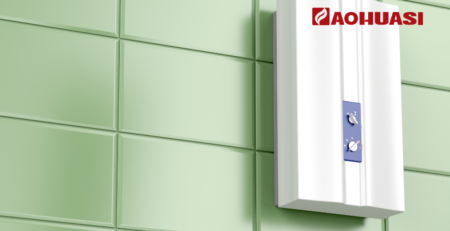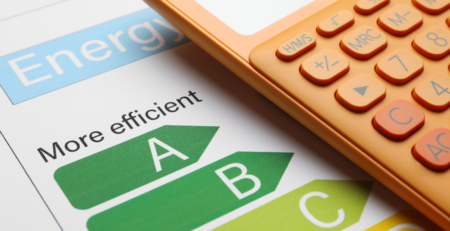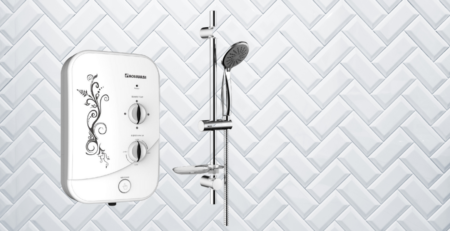Beat the Cold: Electric Water Heaters vs. Traditional Heating Systems
Electric Water Heaters vs. Traditional Heating Systems As winter approaches, the quest for warmth becomes a top priority for homeowners. When it comes to heating water for various household needs, the choice between electric water heaters and traditional heating systems becomes crucial. In this guide, we compare these two options, exploring the pros and cons to help you beat the cold with the most suitable solution for your home.
Electric Water Heaters vs. Traditional Heating Systems
1. Efficiency in Heating Water: Electric Water Heaters
Electric water heaters are known for their efficiency in heating water quickly and reliably. These systems use electric resistance heating elements to warm the water, ensuring a rapid response to the demand for hot water. The absence of a pilot light common in traditional systems reduces standby heat loss, making electric water heaters a cost-effective choice in terms of energy efficiency.
2. Energy Source and Cost: Electric Water Heaters
Electric water heaters rely on electricity as their primary energy source. While electricity rates can vary, electric water heaters are generally considered more cost-effective than their traditional counterparts. However, the overall cost depends on local electricity rates and the efficiency of the specific water heater model. It’s essential to consider both the initial purchase cost and long-term operational expenses.
3. Initial Cost and Installation: Traditional Heating Systems
Traditional heating systems, such as gas or oil-fired water heaters, may have a higher upfront cost compared to electric water heaters. However, these systems often have a longer lifespan and can offer cost savings in the long run. Installation costs can vary, and it’s crucial to factor in the availability and cost of the energy source (gas or oil) when considering traditional heating systems.
4. Lifespan and Durability: Traditional Heating Systems
Traditional heating systems, particularly those using gas or oil, are known for their durability and longer lifespan. With proper maintenance, these systems can provide reliable hot water for many years. Electric water heaters, while efficient, may have a shorter lifespan. Considering the longevity of the system is essential for homeowners looking for a durable and long-term solution.
5. Environmental Impact: Electric Water Heaters
For environmentally conscious homeowners, electric water heaters are generally considered more eco-friendly. They produce fewer greenhouse gas emissions compared to traditional heating systems that rely on fossil fuels. If reducing your carbon footprint is a priority, choosing an electric water heater may align better with sustainability goals.
6. Ventilation and Space Requirements: Electric Water Heaters
Electric water heaters typically have simpler ventilation requirements compared to traditional systems. Gas and oil-fired heaters require proper venting to expel combustion byproducts. Electric water heaters, being combustion-free, are more flexible in terms of installation locations. They often have a more compact design, making them suitable for homes with limited space.
7. Performance in Cold Climates: Traditional Heating Systems
In extremely cold climates, traditional heating systems, particularly those using gas or oil, may have an advantage in terms of performance. These systems can operate efficiently in low temperatures, ensuring a reliable hot water supply even in harsh winter conditions. Electric water heaters may experience reduced efficiency in extremely cold climates.
8. Availability of Energy Source: Traditional Heating Systems
The availability of the energy source is a crucial factor in deciding between electric water heaters and traditional systems. While electricity is widely available, the accessibility and cost of gas or oil can vary depending on geographic location. Homeowners should consider the availability and affordability of the chosen energy source in their area.
Conclusion
Choosing between electric water heaters and traditional heating systems involves considering various factors, including energy efficiency, cost, environmental impact, and performance in different climates. Electric water heaters excel in efficiency and environmental friendliness, while traditional systems offer durability and performance in extreme cold. Understanding your specific needs and priorities will guide you to the most suitable solution for beating the cold in your home.






Leave a Reply